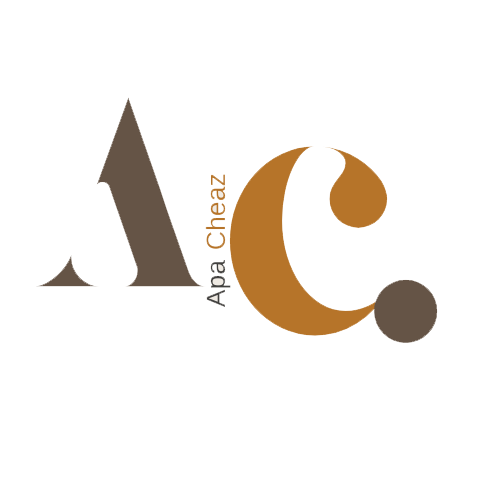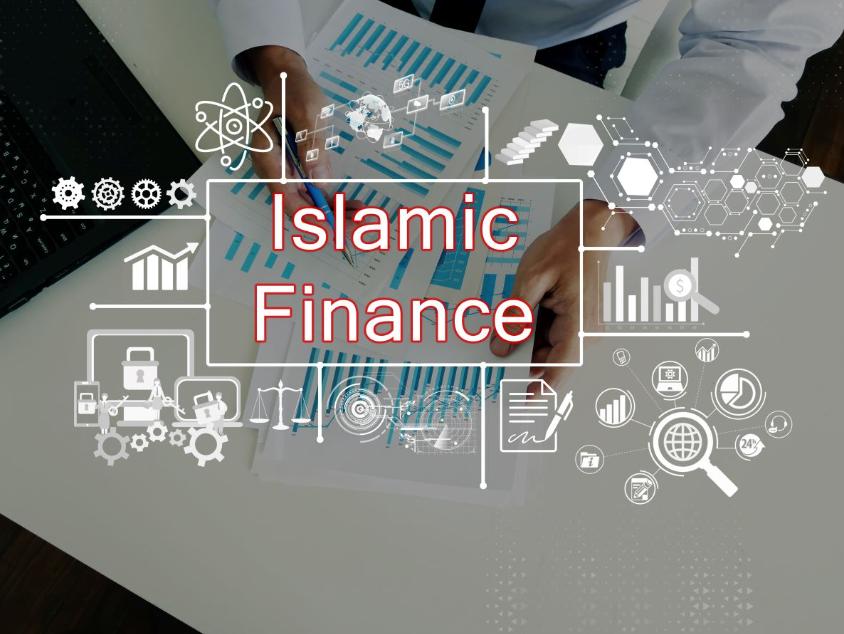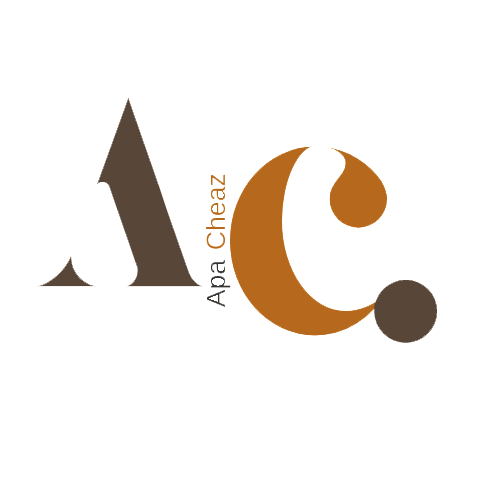As the demand for ethical and inclusive financial solutions grows, Sharia finance in Australia is gaining traction. This system, rooted in Islamic principles, offers an interest-free and socially responsible approach to banking and investment. For Australia’s Muslim community and ethically minded individuals, it provides a viable alternative to conventional financial products.
What is Sharia Finance?
Sharia finance operates under Islamic law, which prohibits interest (riba) and promotes risk-sharing, fairness, and transparency. Instead of charging or paying interest, Sharia-compliant institutions use profit-sharing models, leasing arrangements, and asset-backed financing. This ensures that financial activities align with ethical and religious principles.
The Rise of Sharia Finance in Australia
Australia’s multicultural landscape has paved the way for Sharia-compliant financial products. Over the past decade, several Australian banks and financial institutions have introduced Islamic finance options, including home loans, savings accounts, and investment funds. These products cater not only to the Muslim community but also to anyone seeking ethical financial solutions.
Key Features of Sharia Finance
One of the most popular Sharia-compliant products is Islamic house finance. Unlike traditional mortgages, this model involves the bank purchasing the property and selling it to the customer at a higher price, payable in instalments. This structure avoids interest while allowing customers to own their homes outright.
Other features of Sharia finance include:
- Profit-and-loss sharing: Investments are structured so that profits and risks are shared between the bank and the customer.
- Asset-backed transactions: All financial activities must be tied to tangible assets, ensuring transparency and reducing speculation.
- Ethical investments: Funds are directed towards socially responsible projects, avoiding industries like alcohol, gambling, and tobacco.
Benefits of Sharia Finance
Sharia finance offers several advantages, including:
- Ethical alignment: It adheres to principles that promote fairness and social responsibility.
- Inclusivity: It provides financial solutions for those who cannot or choose not to use conventional banking.
- Stability: Asset-backed transactions and risk-sharing models contribute to financial resilience.
Challenges and Opportunities
While Sharia finance is growing, it still faces challenges, such as limited awareness and a smaller market share compared to conventional finance. However, increasing demand and government support present significant opportunities for expansion.
Sharia finance in Australia is more than just a niche offering—it’s a testament to the country’s commitment to diversity and ethical financial practices. Whether through Islamic house finance or other Sharia-compliant products, this system provides a meaningful alternative for those seeking to align their financial decisions with their values. As awareness grows, Sharia finance is poised to play an increasingly important role in Australia’s financial landscape.


